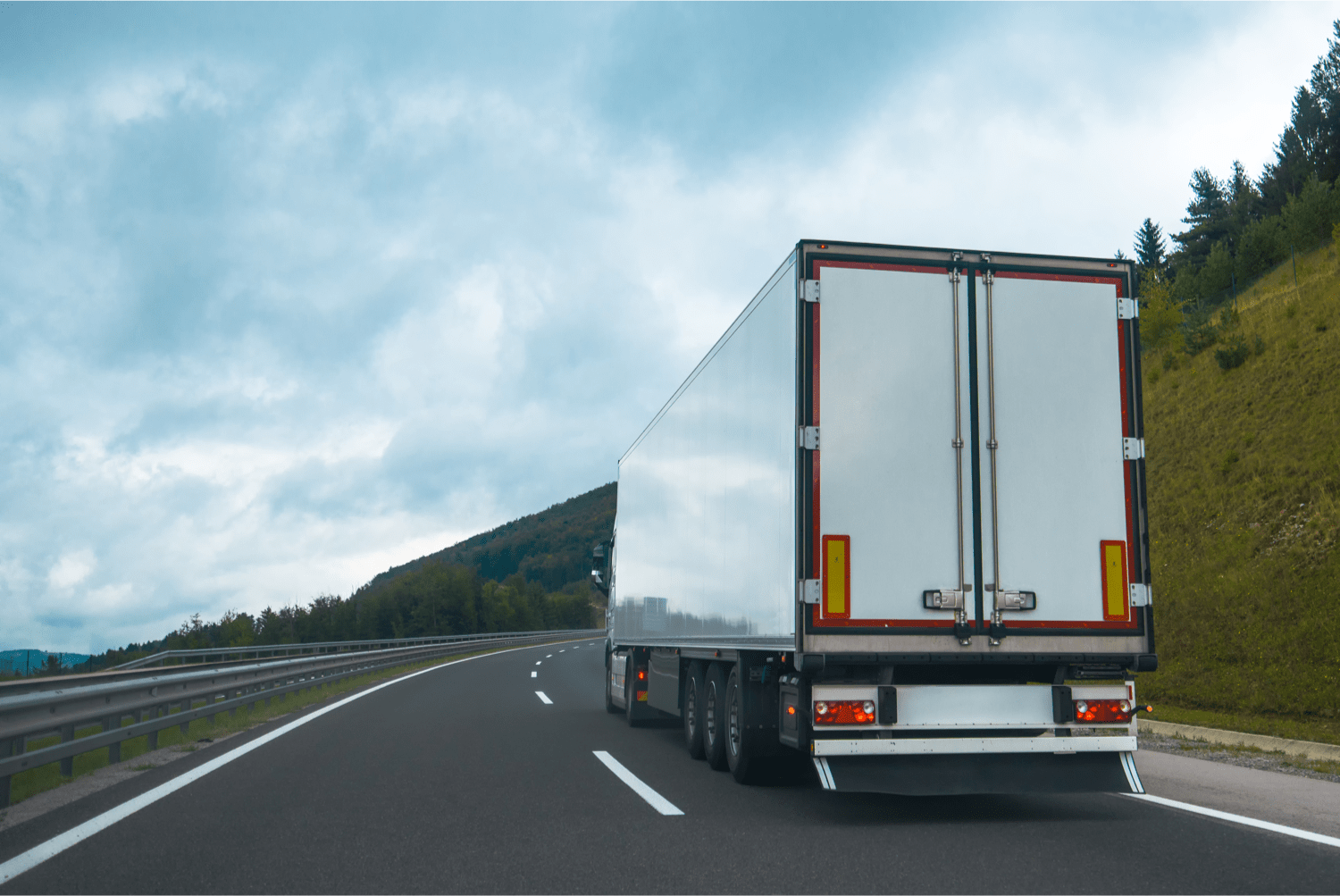These days it isn’t just a few highly progressive outliers in business that are concerned with lowering emissions. Environmental friendliness is a philosophy that is now being embraced by some of the biggest manufacturers and profit-driven companies. At this point, we’ve seen plenty of the negative effects of pollution, and even realized that green technology can lead to lower costs and more profit in the long run. Most importantly, however, is that we are treating the world around us with respect and care, doing everything we can to lower emissions and allow the environment to thrive. For those in transportation, this can be a bit of a challenge, but there are several steps that all logistics companies can take to become more friendly to the environment.
Some basic, cheaper ideas include installing mud flaps and trailer tails to reduce drag and make the truck more aerodynamic, helping it to become more fuel efficient. Carriers can also help reduce the number of miles driven by focusing on route optimization, making sure that dispatchers and drivers alike are working together to formulate the most efficient path of travel for delivery. Drivers should be sure to monitor their particulate filter and to clean it regularly before it becomes too bogged down by ash and soot. For trucks with engines that allow biodiesel to be used, it is an excellent option for running more cleanly.
The most important method of lowering emissions in logistics is to optimize every shipment and ensure there’s no wasted space on any truck. The less “empty space” we have in our trailers, the fewer trucks we can have on the road at any given time. This reduction in emissions will provide cleaner air and reduce the wear and tear on our roads. It is a cycle of sustainability, one that we can all do our part.
These are simple changes that most carriers can make to reduce their carbon footprint, but the future of trucking may make it even simpler. Hybrid trucks are becoming more of a reality, and while they will still use the diesel engine at high speeds, they will drastically cut down on emissions in city and final-mile driving, where much of the pollution takes place simply from idling or sitting in traffic. Eventually, fully electric trucks may come into existence, eliminating the need for fossil fuels altogether. In the meantime, we are constantly seeing new, innovative technologies that serve to reduce our emissions as long as we are reliant on these fuels, and all those who are involved in the transportation field should be embracing these tools. To see how we can reduce your carbon footprint with our sustainability report, start today with Zip Xpress!



